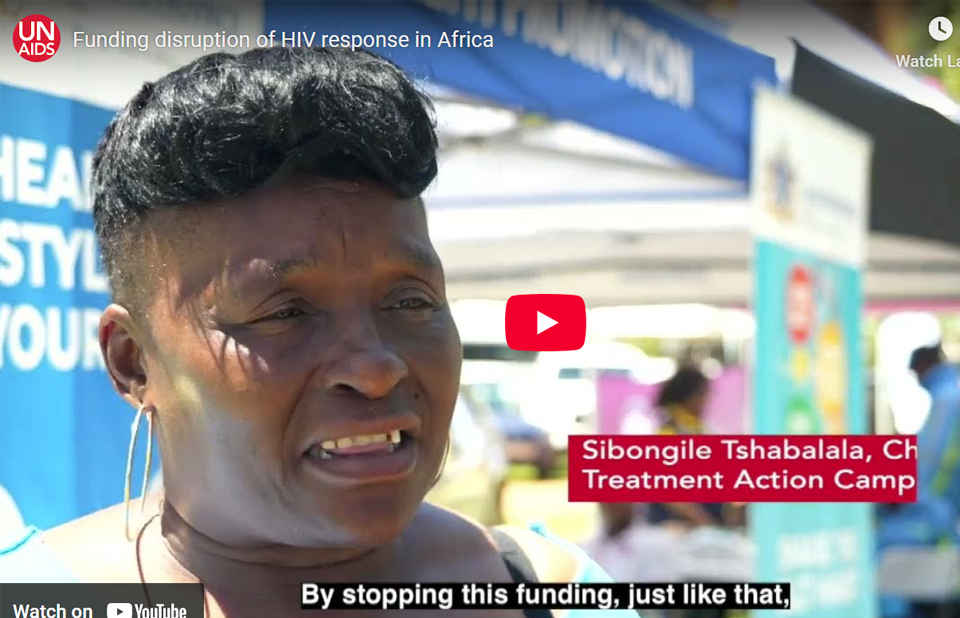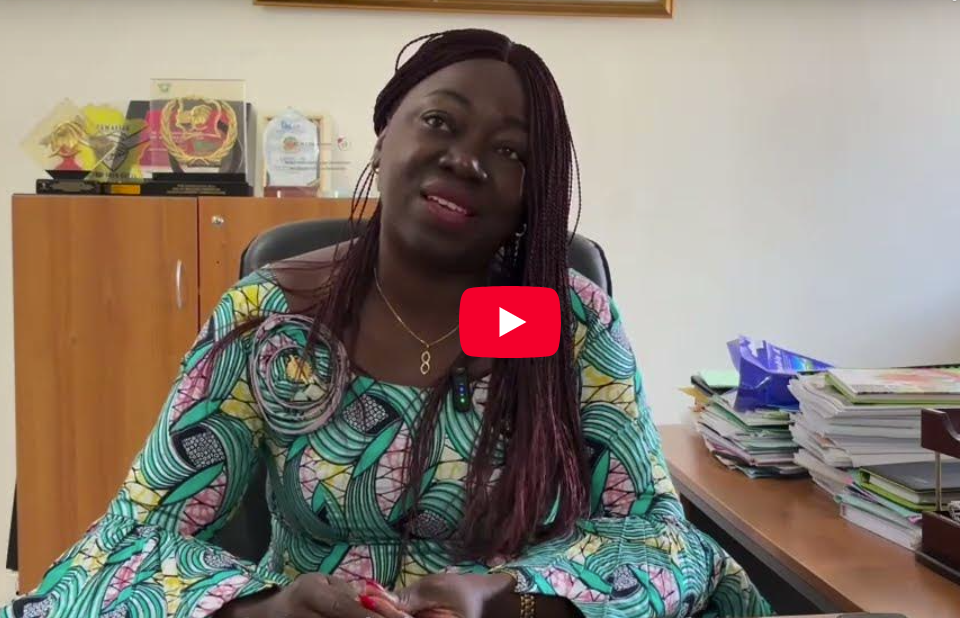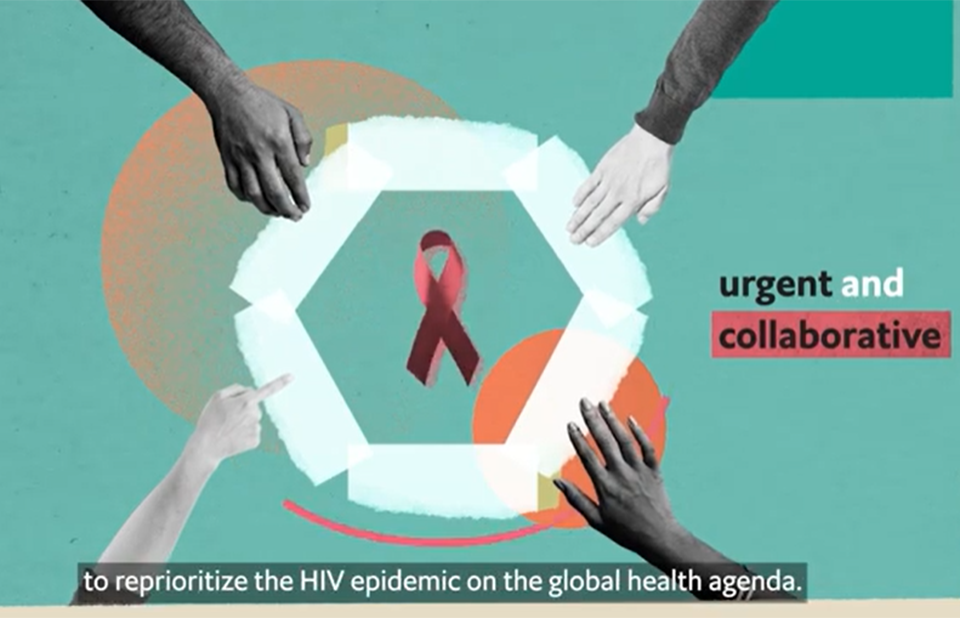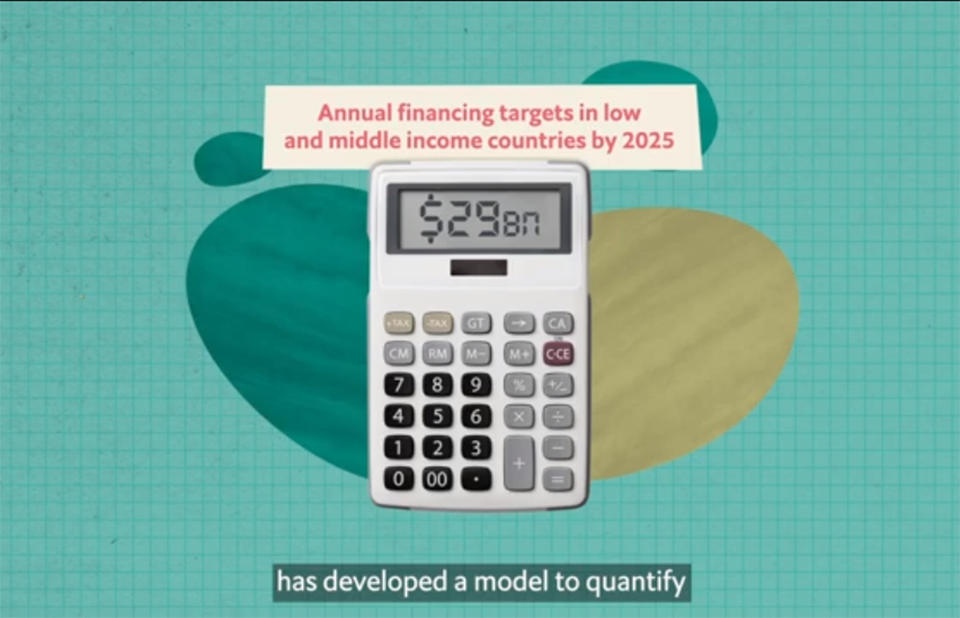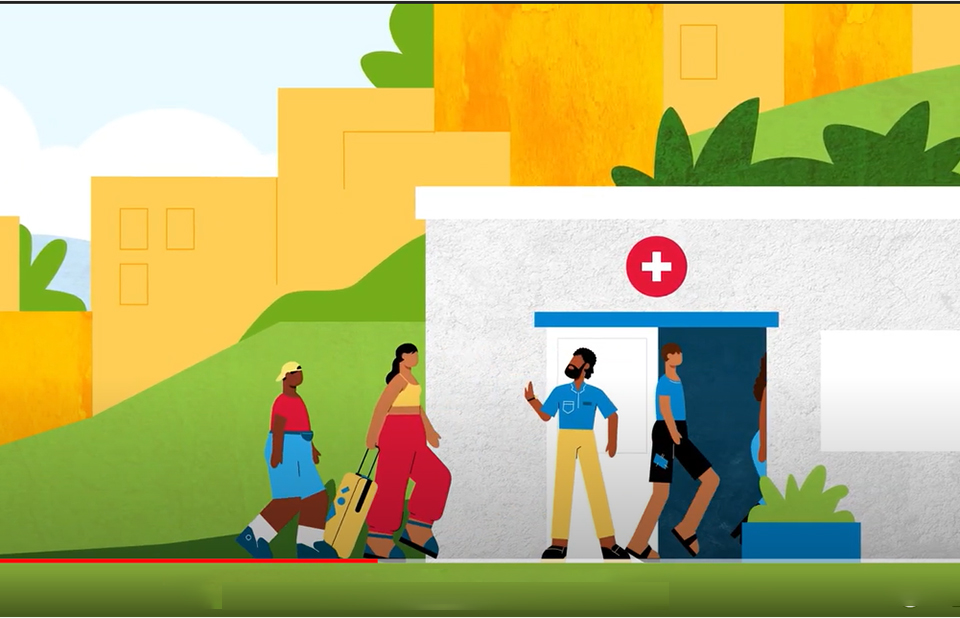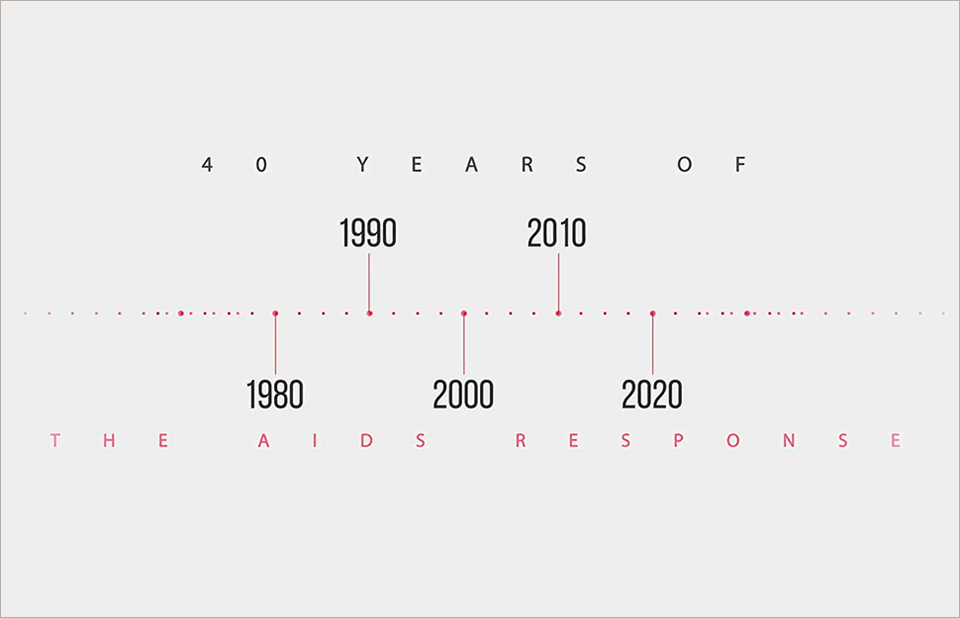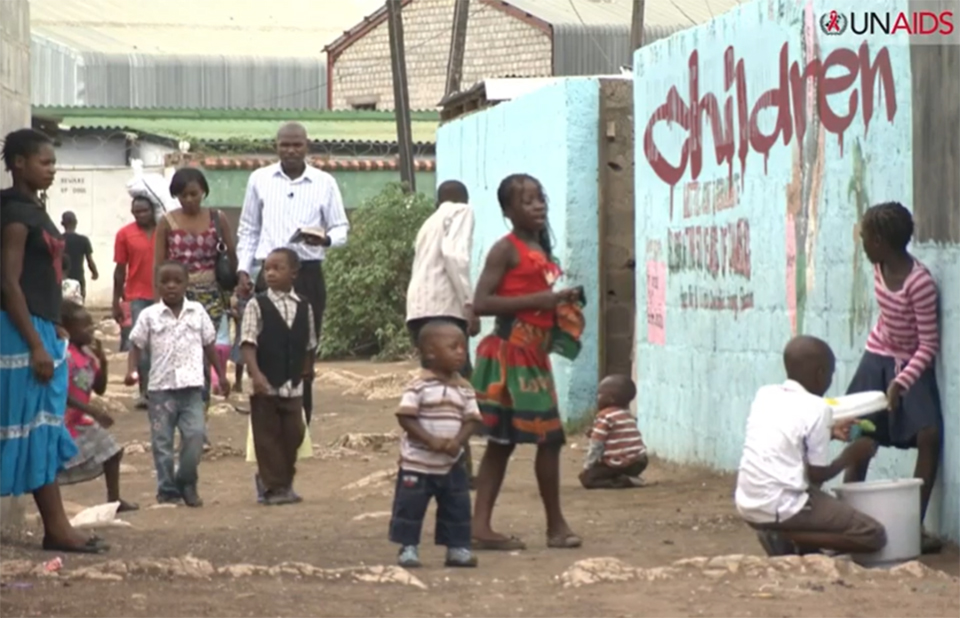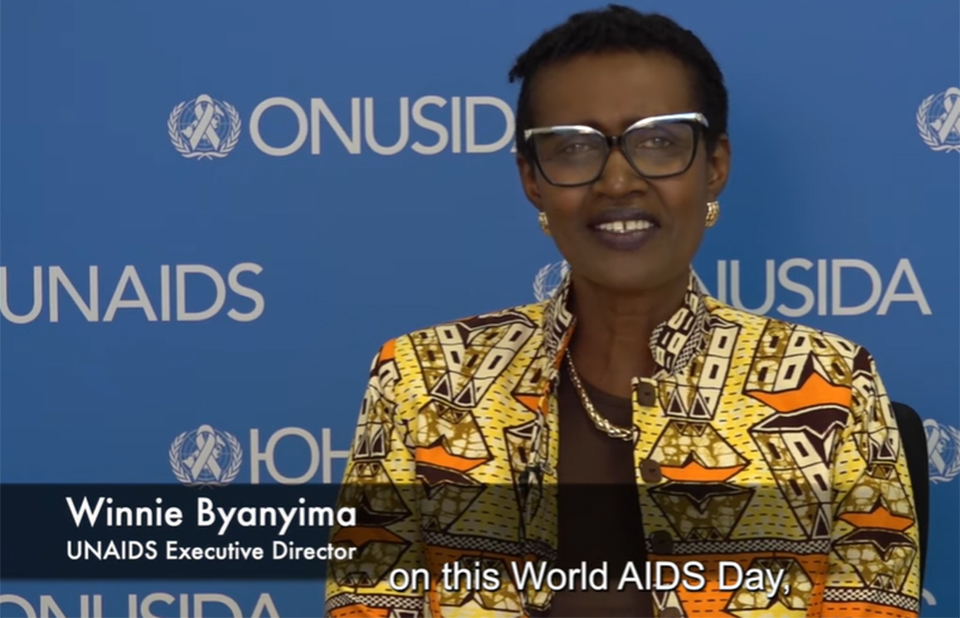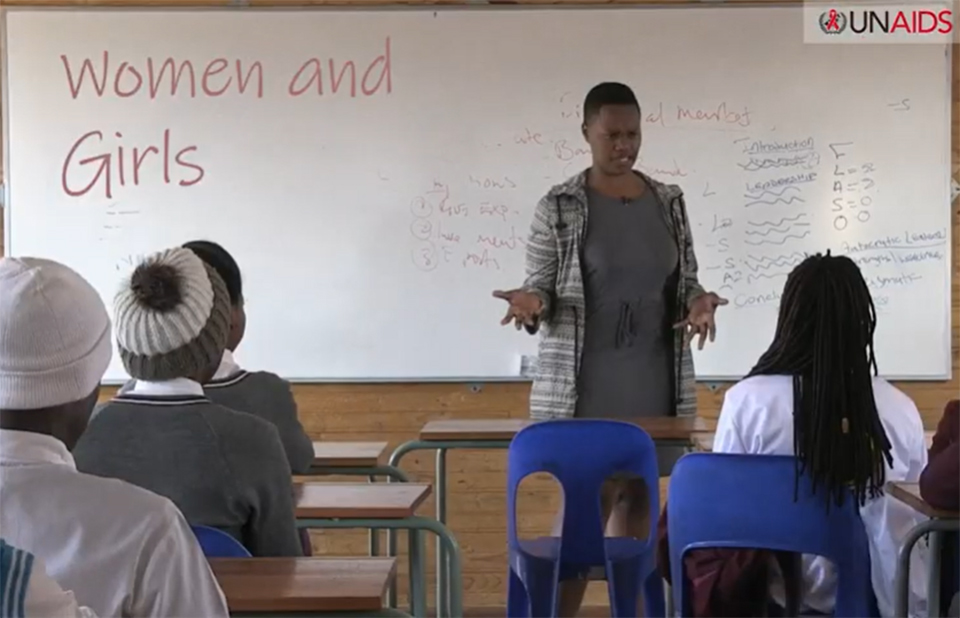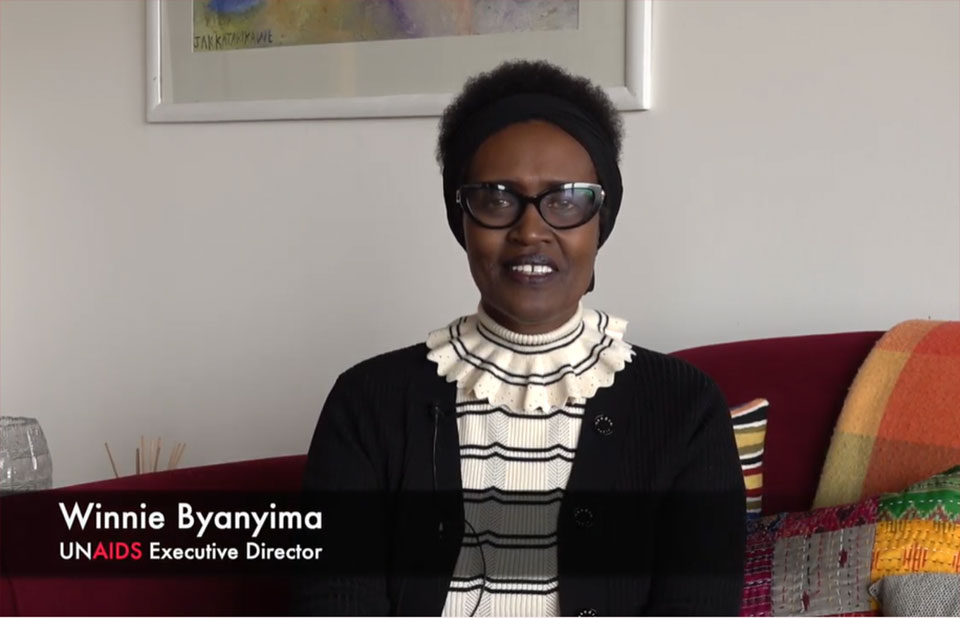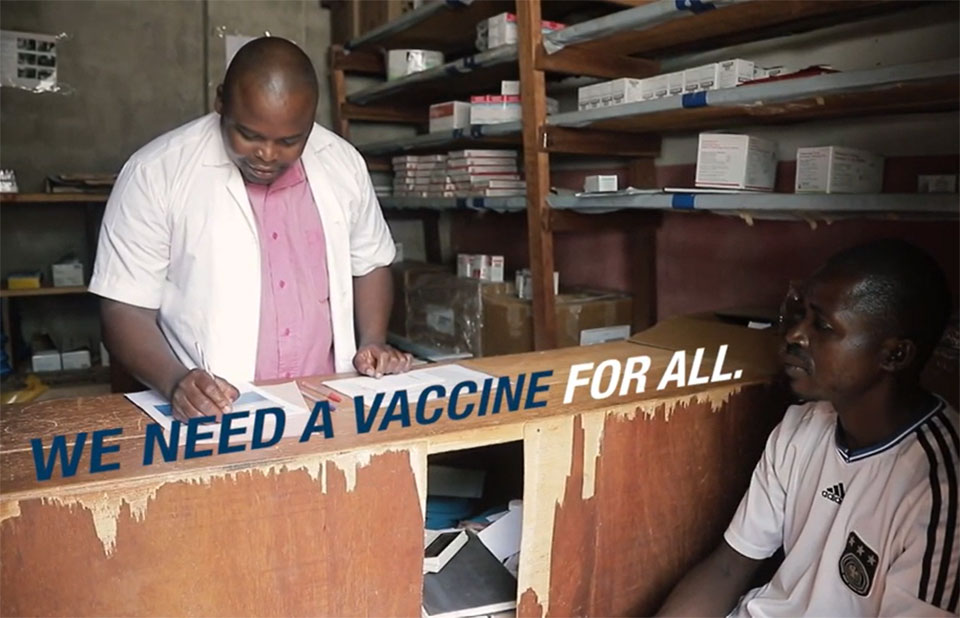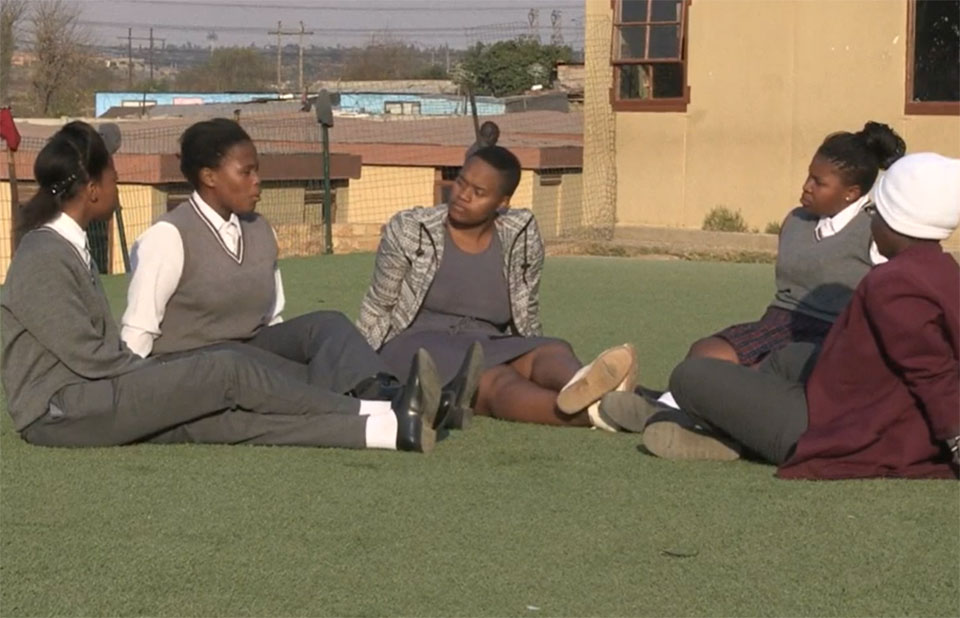"People are crying," says Mohammed Motala, NACOSA Executive Director
15 April 2025
Funding disruption of HIV response in Africa
03 April 2025
"We are worried," say Côte d'Ivoire community members
03 April 2025
Fully financing HIV response will save lives and produce social, economic and health gains
24 April 2023
Research and analysis by Economist Impact, conducted across 13 African countries, demonstrates that fully financing the HIV response will saves millions of lives and would produce substantial health, social and economic gains. Not only would there be between 40% and 90% fewer new HIV infections, depending on the country, but investing in the HIV epidemic would also enhance educational outcomes, especially for young women and girls, reduce gender inequalities and boost economic growth.UNAIDS estimates that low and middle-income countries will need investments of US$ 29 billion annually to meet targets of ending AIDS as a public health threat by 2030. Funding levels in 2020 fell almost 30% below targets, making subsequent resource needs harder to achieve and putting upcoming targets further out of reach. UNAIDS projects more than 7 million AIDS-related deaths by 2030, but half of those can be averted if the HIV response is fully financed and policies are rightly oriented. See report here: https://impact.economist.com/health/the-triple-dividend-of-hiv-financing/
A Triple Dividend: Fully financing the HIV response in Africa
24 April 2023
Fully financing the HIV response to get back on track to achieve the 2030 goals will produce substantial health, social and economic gains in African countries. These findings are highlighted in a new report: A Triple Dividend: The health, social and economic gains from financing the HIV response in Africa
So what's stopping us from ending AIDS?
10 July 2022
What if I told you we could end the AIDS epidemic by 2030? So what's stopping us? Well, we're stopping ourselves.
Twenty-five years of UNAIDS leading the fight against HIV
29 November 2021
"Let's tackle inequalities," says Winnie Byanyima on World AIDS Day 2021
26 November 2021
"We can end AIDS by 2030. Some countries are making remarkable progress, showing us what is possible. But globally, we are simply not bending the curves fast enough to stop the AIDS pandemic. The red light is flashing. Progress against AIDS, which was already off track, is now under even greater strain as the COVID-19 crisis continues to rage, disrupting HIV prevention and treatment services, schooling, violence-prevention programmes and more. And make no mistake: AIDS remains a pandemic. To stop it we urgently need a bolder view of pandemic response that is capable of tackling the inequalities prolonging the AIDS pandemic. Many of these missing pieces to fight HIV are also allowing the COVID-19 pandemic to continue and leaving us dangerously unprepared for pandemics of the future," says Winnie Byanyima, UNAIDS Executive Director.
UNAIDS is coordinating the global effort to end AIDS by 2030
11 November 2021
UNAIDS brings UN agencies together, and works with people, communities, and governments to make sure everyone has the same opportunities to be healthy and prepared. UNAIDS is fighting for human rights, equality and dignity as well as leveraging resources and providing data to guide the AIDS response. That is why we need your support!
40 Years of the AIDS response
30 November 2021
It has been 40 years since the first reported cases of HIV and 25 years since the creation of UNAIDS. Take a look at the momentous moments of the past four decades. From HIV meaning a certain death to the spectacular progress made with treatment and prevention... It is time to act now and end AIDS as a public health threat by 2030. It is possible.

